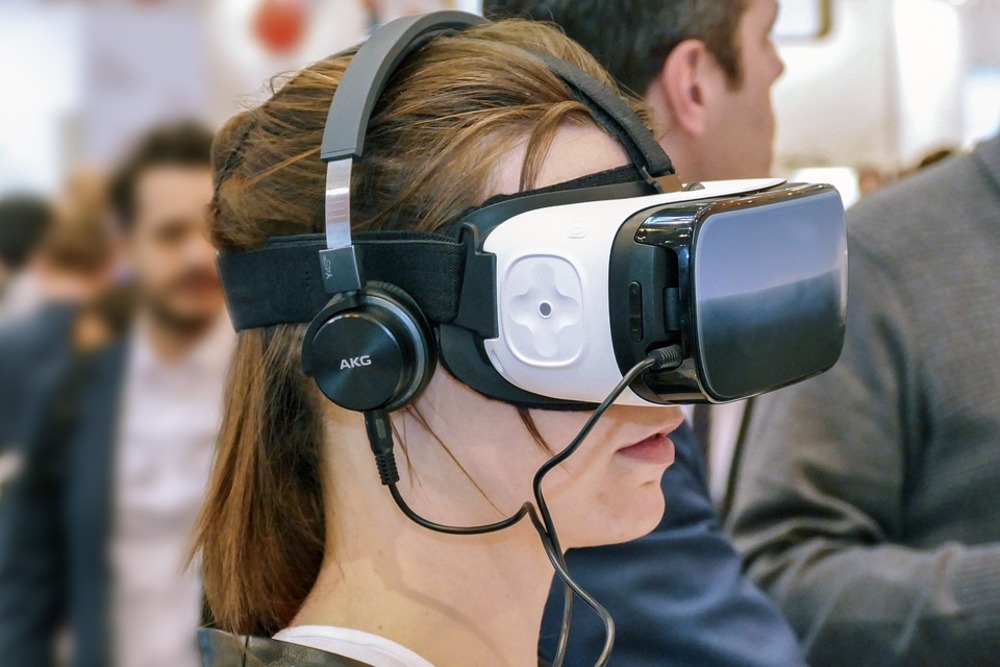Virtual reality or VR is part of technological innovations expected to reign supreme in the fourth industrial revolution or 4IR.
Virtual reality is experienced hands-on, and this is attained by wearing a VR headset that is instrumental in putting the user at the center and in front of the action. As a result, in the VR world the experience becomes palpable and almost tangible.
These aspects are fundamental in the education sector based on the benefits rendered.
Augmenting the learning experience
Virtual reality has made an incredible contribution to the education arena by augmenting the learning experience. This reality can be observed across distinctive academic disciplines.
Virtual reality eliminates the distance witnessed between the lesson and the learner. Realistically, unless learners are physically exposed to time & space, a disconnect is usually inevitable between the student and what is being learnt.
VR is, however, eradicating this challenge because it provides an environment generation crucial in placing learners in the world it is happening.
For instance, if students are being taught about Indian history on the subject matter of Mahatma Gandhi’s famous speech. VR through computer technology can make students physically present at the place and time of the speech.
Virtual reality crucial in sensitizing learners
Virtual reality is an ideal tool to refine, orient, and acquaint learners with the problems witnessed in the modern world.
For instance, a VR environment can present hands-on experience about the dire consequences of global warming. This can be realized by journeying students to the melting Polar ice caps or trying the latest in eSports.

Additionally, learners can be taken to marginalized communities in different nations. As a result, VR can be pivotal in instigating awareness, as well as prompting a precise sense of thankfulness and empathy.
On the other hand, it has been stipulated that immersive technology is set to alter the education arena based on some of the innovations that will be rendered. Immersive technology entails innovations, such as virtual reality, that seek to emulate the physical world by utilizing simulated or digital devices. As a result, a sense of immersion is created.







